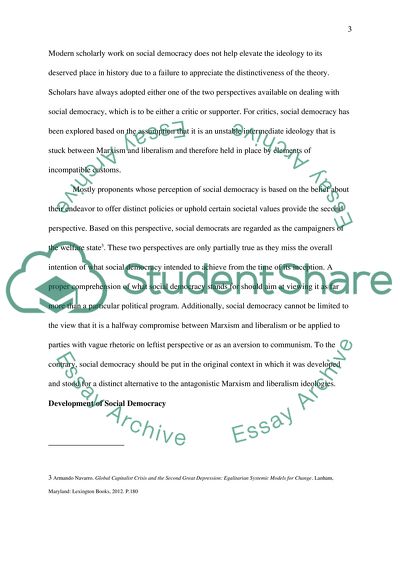Cite this document
(Modern Social Democracy Report Example | Topics and Well Written Essays - 2750 words, n.d.)
Modern Social Democracy Report Example | Topics and Well Written Essays - 2750 words. https://studentshare.org/history/1813815-is-modern-social-democracy-socialist
Modern Social Democracy Report Example | Topics and Well Written Essays - 2750 words. https://studentshare.org/history/1813815-is-modern-social-democracy-socialist
(Modern Social Democracy Report Example | Topics and Well Written Essays - 2750 Words)
Modern Social Democracy Report Example | Topics and Well Written Essays - 2750 Words. https://studentshare.org/history/1813815-is-modern-social-democracy-socialist.
Modern Social Democracy Report Example | Topics and Well Written Essays - 2750 Words. https://studentshare.org/history/1813815-is-modern-social-democracy-socialist.
“Modern Social Democracy Report Example | Topics and Well Written Essays - 2750 Words”. https://studentshare.org/history/1813815-is-modern-social-democracy-socialist.


